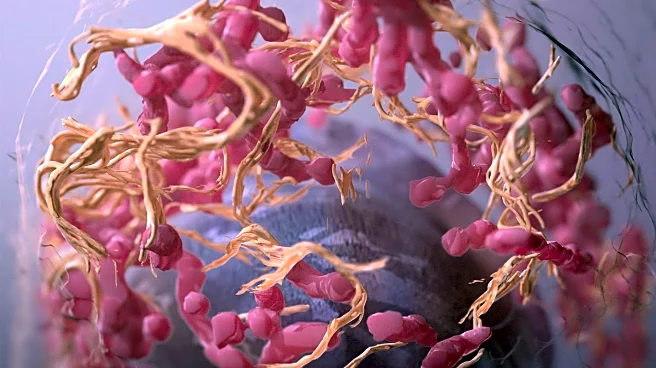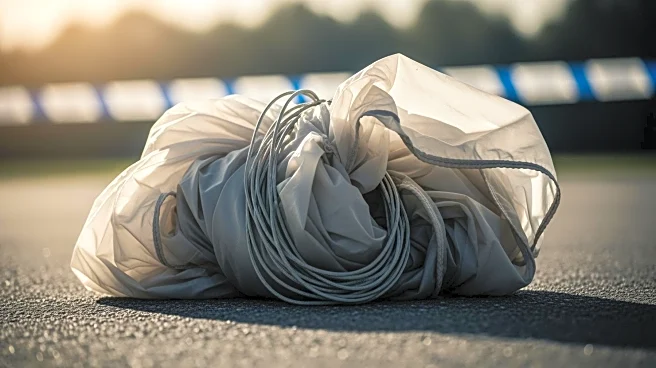What's Happening?
Professor Pierre Bruhns from the Institut Pasteur is set to present new findings on the antibody responses of patients with hypersensitivity to rocuronium, a neuromuscular blocking agent (NMBA) used in surgeries. The research focuses on identifying drug-specific memory B cell repertoires that could lead to improved diagnostics and therapeutic developments. Rocuronium, while essential for surgical procedures, can cause severe adverse effects, including prolonged neuromuscular blockade and anaphylaxis. The session will cover the identification of antibodies with high specificity for rocuronium and their potential use in reversing neuromuscular blockade in preclinical models.
Why It's Important?
This research is crucial for advancing the safety and efficacy of NMBAs, which are vital in medical procedures. Understanding the immune responses triggered by rocuronium can lead to better management of allergic reactions and enhance patient safety. The findings could pave the way for new therapeutic approaches, benefiting patients with drug hypersensitivities. The study also highlights the potential of using high-affinity antibodies in clinical settings, which could revolutionize treatment protocols and improve outcomes for patients undergoing surgery.
What's Next?
The insights from this research may lead to further studies and clinical trials to validate the use of high-affinity antibodies in reversing neuromuscular blockade. Collaboration with pharmaceutical companies could accelerate the development of new therapeutics based on these findings. The medical community may also see advancements in diagnostic tools for detecting drug-specific antibodies, improving patient care and safety in surgical environments.










